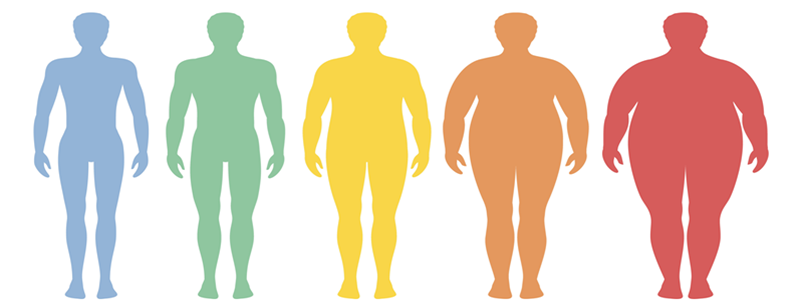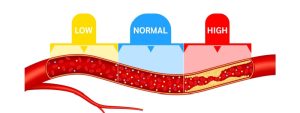At Care Net Consultants we believe that it is important to know what causes high cholesterol as this is a serious health concern that can lead to conditions like heart disease and stroke. Understanding the causes of high cholesterol can empower you to take preventative measures and manage your cholesterol levels effectively. This blog post will discuss the various factors contributing to high cholesterol, emphasising controllable and uncontrollable causes.
What is Cholesterol?
Cholesterol is a fatty substance found in your blood. Your body needs cholesterol to build healthy cells and produce certain hormones. However, when you have too much cholesterol in your blood, it can build up in the walls of your arteries, leading to atherosclerosis, a type of heart disease.
Cholesterol travels through your bloodstream in small packages called lipoproteins, which are made up of fat (lipids) on the inside and proteins on the outside. The two main types are low-density lipoprotein (LDL), often referred to as “bad” cholesterol, and high-density lipoprotein (HDL), known as “good” cholesterol.
Controllable Causes of High Cholesterol
- Diet: One of the most significant factors affecting your cholesterol levels is your diet. Eating foods high in saturated fats, trans fats, and cholesterol can raise your LDL (bad cholesterol). Saturated fats are found in red meat, full-fat dairy products, and certain oils. Trans fats are present in many fried and commercially baked products. Reducing these fats in your diet can help lower your LDL cholesterol.
- Physical Inactivity: Lack of exercise contributes to weight gain, raising LDL cholesterol and lowering HDL (good cholesterol). Regular physical activity helps to lower LDL cholesterol and raise HDL cholesterol. Aim for at least 30 minutes of moderate-intensity exercise most days of the week.
- Obesity: Excess weight is linked to higher LDL cholesterol and lower HDL cholesterol levels. Reducing your weight by even a small amount can help improve your cholesterol levels.
- Smoking: Smoking damages the walls of your blood vessels, making them more prone to accumulating fatty deposits. It also lowers HDL cholesterol, which helps remove bad cholesterol from your arteries. Quitting smoking can improve your HDL cholesterol level and benefit your overall health.
- Alcohol: Excessive alcohol consumption can increase your cholesterol and triglyceride levels. Moderation is key – for most adults, that means up to one drink a day for women and up to two drinks a day for men.
Uncontrollable Causes of High Cholesterol
- Genetics: High cholesterol can run in families. Familial hypercholesterolemia is a genetic disorder that causes very high LDL cholesterol levels from a young age. If your family has a history of high cholesterol or heart disease, you may be at higher risk.
- Age and Gender: Your cholesterol levels tend to rise as you age. Men generally have higher cholesterol levels than women until they reach menopause. After menopause, women’s LDL cholesterol levels often increase.
- Medical Conditions: Certain medical conditions can affect your cholesterol levels. These include hypothyroidism (an underactive thyroid), chronic kidney disease, and liver disease. Your healthcare provider can help you manage these conditions and control your cholesterol levels.
Understanding the causes of high cholesterol is crucial for preventing and managing this common health issue. While some factors, such as genetics and age, are beyond your control, at Care Net Consultants we believe that many causes of high cholesterol are related to lifestyle choices. By adopting a heart-healthy diet, engaging in regular physical activity, maintaining a healthy weight, quitting smoking, and moderating alcohol intake, you can significantly improve your cholesterol levels and reduce your risk of heart disease.
Regular check-ups with your healthcare provider are essential for monitoring your cholesterol levels and overall health. By staying informed and proactive, you can take control of your cholesterol and protect your heart.




